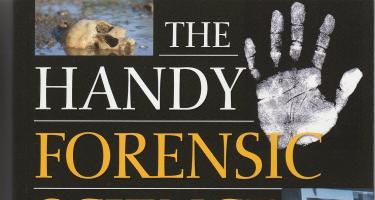
Jeff Hecht, Lasers, Death Rays, Quest for Ultimate Weapon
From Zeus’ thunderbolts to sci-fi fiction, films, and comics, death rays rouse public interest. The Pentagon has explored the potential of the laser, invented in the late 1950s, to shoot down ballistic missiles and achieve other military aims. That involved many alluring but ultimately false starts, Jeff Hecht reports in Lasers, Death Rays, and the Long, Strange Quest for the Ultimate Weapon.



